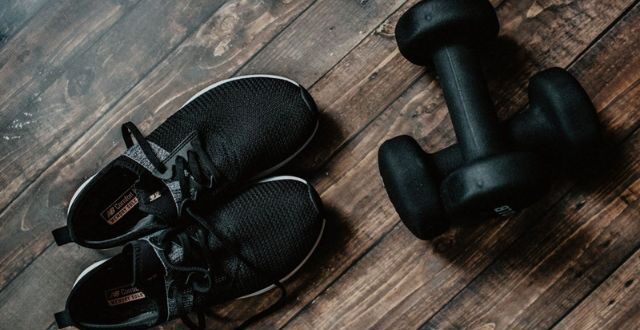Introduction
Preparing your body for the workout is as important as following the rules and routine. Thus, warming up is not just an option for when you have time but also a necessity if you wish to have a good workout.
This is probably the first myth about pre-workout, which we should debunk. Pre-workout is not when you want to warm up but for everyday affairs before your workout routine. This is to prevent any cramping during workouts and also prevent post-workout stiffness.
Debunking one myth is not enough, afterall there are a few which are causing more obstructions in your workout routine than helping you.
In this excerpt below, we will discuss five such myths and the following facts.
What Is Pre-Workout
Pre-workout is a routine that prepares you for your workout routine. This includes taking pre-workout supplements. These consist of proteins and electrolytes, and the intensity might vary depending on the vigorous workout you will be opting for. Then comes the pre-workout warm-ups, which you often indulge in before a long cardio routine. For example, hand and leg workouts before going for a swim. This allows your blood to flow, which prevents nerves and muscles from pulling suddenly and cramping.
Pre-Workout Myths Debunked with Facts
Here are the different pre-workout myths which we have debunked with the facts.
1. Pre-Workout Is Bad for Your Workout
Yes, some pre-workouts have caffeine in them to boost your energy. This gives many the idea that it is bad for your health and that drinking it every morning could give you jitters throughout the workout.
Now, pre-workout has a certain designated amount for each day. Plus, it is different from normal diluted caffeine. It is not meant to give you superpowers but rather something to give you a boost early in the morning.
2. Gives You Strength without The Workout
If this is your first time taking a pre-workout supplement, do not mistake the sudden caffeine boost and the energized body for being strong. Most of the time, the inner strength that you feel is psychological.
If you have just started arm training, you wouldn’t be able to do a hundred push-ups just in one day because you are on a caffeine high. This will not only demotivate you due to overestimated goals but can be injurious to your muscle.
3. It Is Only for Muscle Trainers
It is indeed true that building lean muscles requires strength. You wouldn’t be able to carry forward the vigorous workout routine without the right energy and protein provided by your pre-workout.
However, pre-workout is not limited to muscle trainers. These supplements are known for helping you increase workout intensity and time and affect your overall performance. You do not have to be a hardcore gym goer in order to buy pre-workout.
Even if you wish to increase thirty more minutes for your morning cardio routine, you can do so with the help of these supplements.
4. Pre-Workout Is Just a Substitute for Food
Yes, you need to maintain a proper diet if you wish to have a good workout routine. Whether it is recharging energy before the workout or making up for the lost electrolytes post, however, there is a common myth that if one eats properly, they will not require pre-workout supplements.
They are not a substitute for food. Rather after a vigorous athletic workout, your body loses electrolytes and amino acids. Sometimes you have to eat a lot more to compensate for that, which is not always possible due to unnecessary fat accumulation.
This is why pre-workout is used by athletes to keep the nutrients intact while taking a nutritionist-advised balanced diet.
5. They Are Steroids
This is probably the most common and the most false notion out there about pre-workouts. These are supplements taken by athletes, and we all know they aren’t allowed to take steroids. This means pre-workout supplements make no claims of increasing testosterone or dopamine in the body (which steroids generally do).
Two hormones are required to produce more energy than usual. They are simply extra nutrients your body might lose during the workout. They are not steroids.
 khamush.com Lifestyle | Motivation | Poems
khamush.com Lifestyle | Motivation | Poems



